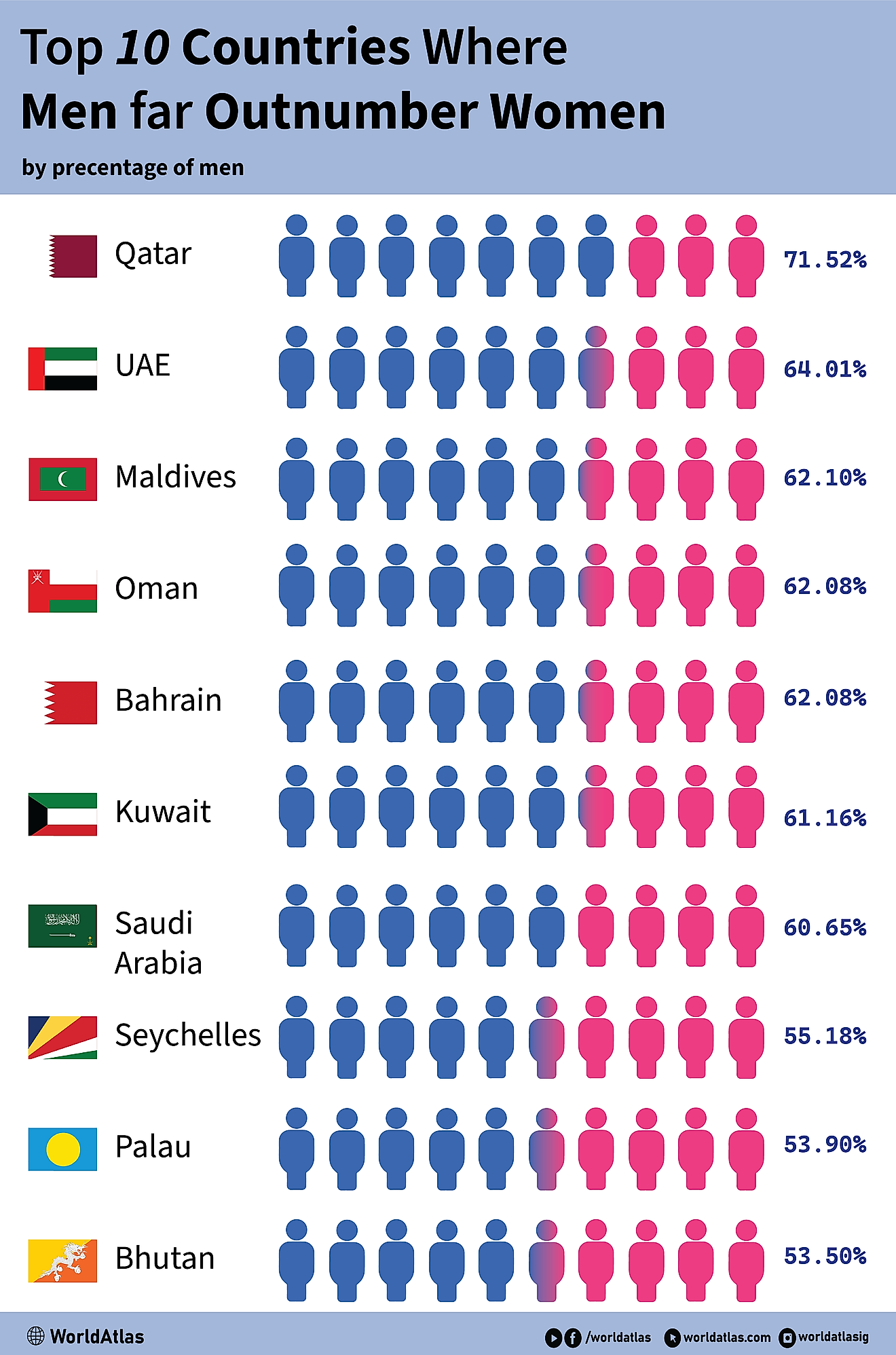What Was The Boxer Rebellion?

The Boxer Rebellion took place throughout the late 19th and early 20th centuries in China. The movement was started by a secret group of Chinese civilians who called themselves "Yihequan", which roughly translates to mean "the Righteous and Harmonious Fists". The group was later referred to as "Boxers". The Boxers wanted to diminish all foreign influences on China and drive all non-native people out of China.
Background
Towards the end of the 19th century, Japan, as well as some western countries, had a vast amount of power over China's Qing Dynasty. Not only did they have say over China's economic affairs, but these countries were also slowly but sternly exerting their religious faith and other beliefs on the common society of China, especially on the country's eastern coast.
At this time, many Chinese citizens already had reason to feel uneasy towards the western world. Clear in the country's collective memory were the two Opium Wars of the mid-1880s, which had resulted in a devastating loss for China at the hands of Britain. It was these tensions that led to an undisclosed Chinese group who went by the society of the Righteous and Harmonious Fists to start assailing foreigners as well as Chinese Christians. Westerners started referring to these events as "shadow boxing", hence the term Boxers.
Though the Boxers were from different places in society, several were peasants from Shandong province, an area that had been particularly affected by natural calamities like flooding. China had given territorial and commercial compromises in the area to European countries, and the Boxers largely blamed their sordid living conditions on their foreign stakeholders.
What Happened During the Boxer Rebellion?
The Society of the Righteous and Harmonious Fists revolted in opposition to what they saw as an unfair amount of foreign influence. As a form of protest, they murdered and robbed from Chinese Christians as well as foreigners. While around 300 foreigners met their demise at the hands of the Boxer rebels, thousands of Chinese citizens, most of them Christians, also perished in the attacks. While the Qing Dynasty and the Boxers were originally at odds with one another, they eventually came to see eye to eye against a common enemy – the foreigners.
The Boxer Rebellion was at its most acute during the famous Siege of the International Legations, which began on June 20, 1900 and ended on August 14, 1900. During this time, the Boxers attacked foreign nationals as well as Chinese Christians, who took refuge within what was known as the "Peking Legation Quarter", an area composed of many foreign diplomatic offices. Fronted by Chinese troops, the foreign legations in Peking, Beijing, defended themselves for 55 days until relieved by a global military force. The military force ultimately took over Beijing and defeated the Boxers, who had support from the government.
The Boxer Rebellion, in the end, was terminated in 1901 when the Western rules and the Japanese generated a power to deal with the revolt.
Effects of the Boxer Rebellion
The Boxer Rebellion had an important effect on the Chinese community. There were worries that China would be deprived of her self-government. Although that did not happen, China had to give the payment of over three hundred million dollars in compensation for the Boxer Rebellion. Those who were among the Boxer rebels received penalties. External countries were given authority to remain with soldiers in Beijing to safeguard their diplomatic spokespersons. China was not authorized to buy weapons from abroad for two years. The impact of these needs finally debilitated the Qing Dynasty, which fell in 1912. The Qing Dynasty was followed by a republic.











